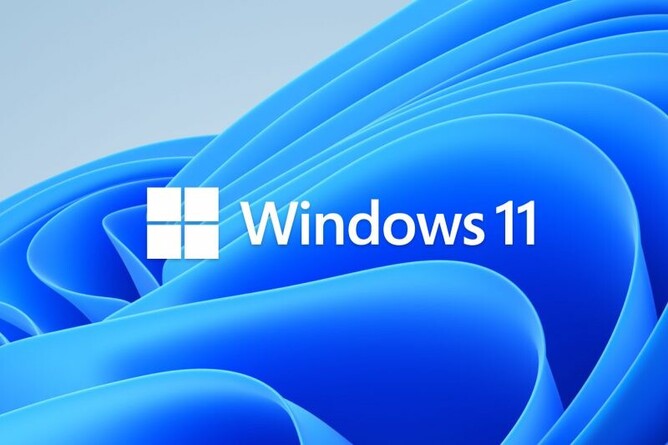By now you've likely heard all about Windows 11 and if you're currently running Windows 10 you've probably had the message pop up encouraging you to update to 11, sounds simple enough, right? Welllll... let's just back it up a bit as the answer to that is, muddy.
Way back in 2015 Microsoft released Windows 10 to replace the dog's breakfast that was Windows 8 (and 8.1). Windows 8 had been (in this writer's humble opinion), the single worst iteration of the operating system. Ever. I'd even take Windows ME (Millenium Edition) or Vista over the complete dumpster fire that was 8. I'll save my complete ridicule of Windows 8 for another day when I'm feeling particularly snarky, today is about navigating whether you should, or indeed can, upgrade to Windows 11.
Windows 10 was meant to be the last version of Windows and would receive six-monthly feature updates but then one day, we were told 11 was coming and how awesome it was going to be. This announcement was quickly followed with some quiet caveats which created way more angst and confusion than was necessary. The basics of these caveats were your PC had to meet minimum requirements to be able to run Windows 11, seems fair enough on the surface but on further inspection these minimum requirements were way over the top and restrictive to a large swathe of users.
It would have been a fair assumption that with the exception of ancient PCs (10 years old plus), any machine that was capably running Windows 10 would be fine, but no, we're dealing with a tech monolith here who have a history of stupid decisions (looking at you again, Windows 8). The two biggest requirements were the CPU requirement and a thing called TPM 2.0. You had to have an 8th generation Intel Core CPUs or later or equivalent AMD CPU, what was particularly astonishing about this was that at the time of release, 10th generation Intels were the latest CPUs so basically Microsoft were saying that if your machine was over 2 years old, tough luck. By comparison Windows 10 had no such requirement, it could be installed on pretty much anything. Sure it might not have run too well but you still had options.
The other requirement is TPM 2.0. TPM stands for Trusted Platform Module and in essence is a piece of hardware (either attached to the motherboard in early days but typically built right in to new ones). Without getting to techy about it, it's basically a security feature which is a good thing, but in the case of Windows 11 it was enforced a bit prematurely. To give you an example I had a perfectly good PC with a 7th generation Intel i7 and the motherboard needed a special module to enable TPM 2.0 (which were pretty much unavailable) so I missed out on both counts. Now, this PC was perfectly capable of running Windows 11 outside of these enforced restrictions, if I wanted Windows 11 it meant a new CPU and motherboard. Being the big geek I am I built myself a new PC but my point is that I shouldn't have had to. Instead of forcing these requirements perhaps Microsoft could have included a disclaimer about how performance and security may be impacted by not meeting these minimums.
So with these arbitrary requirements you'd think if you had a machine that was not capable of running 11 you wouldn't get hassled to upgrade, right? Nope. My wife is still rocking her trusty Toshiba laptop with a 2nd gen i7, way below the minimum but she gets the spiel to update to 11 for a better experience. If she were to proceed with the update she would then be told, "Oh sorry, you can't actually run 11, who knew?"*
*This quote may be paraphrased
There are workarounds to get 11 on to unsupported hardware but if Microsoft had just been a bit less gung-ho and relaxed the requirements we wouldn't need to look to these measures. They could do it if they wanted to, but it's apparent they don't care. Support for Windows 10 ends in a little over 12 months apparently but there is every chance that will be extended, only time will tell.
In wrapping up, if your machine truly qualifies then absolutely you should upgrade to 11, it's matured and the early bugs are all but ironed out. You can upgrade to 11 without having to pay for a licence as well, you just need to have the install media. The Tech Doctor can do the upgrade for you, just get in touch with us to discuss pricing.
What are your thoughts on Microsoft being all iron-fisty about 11?

